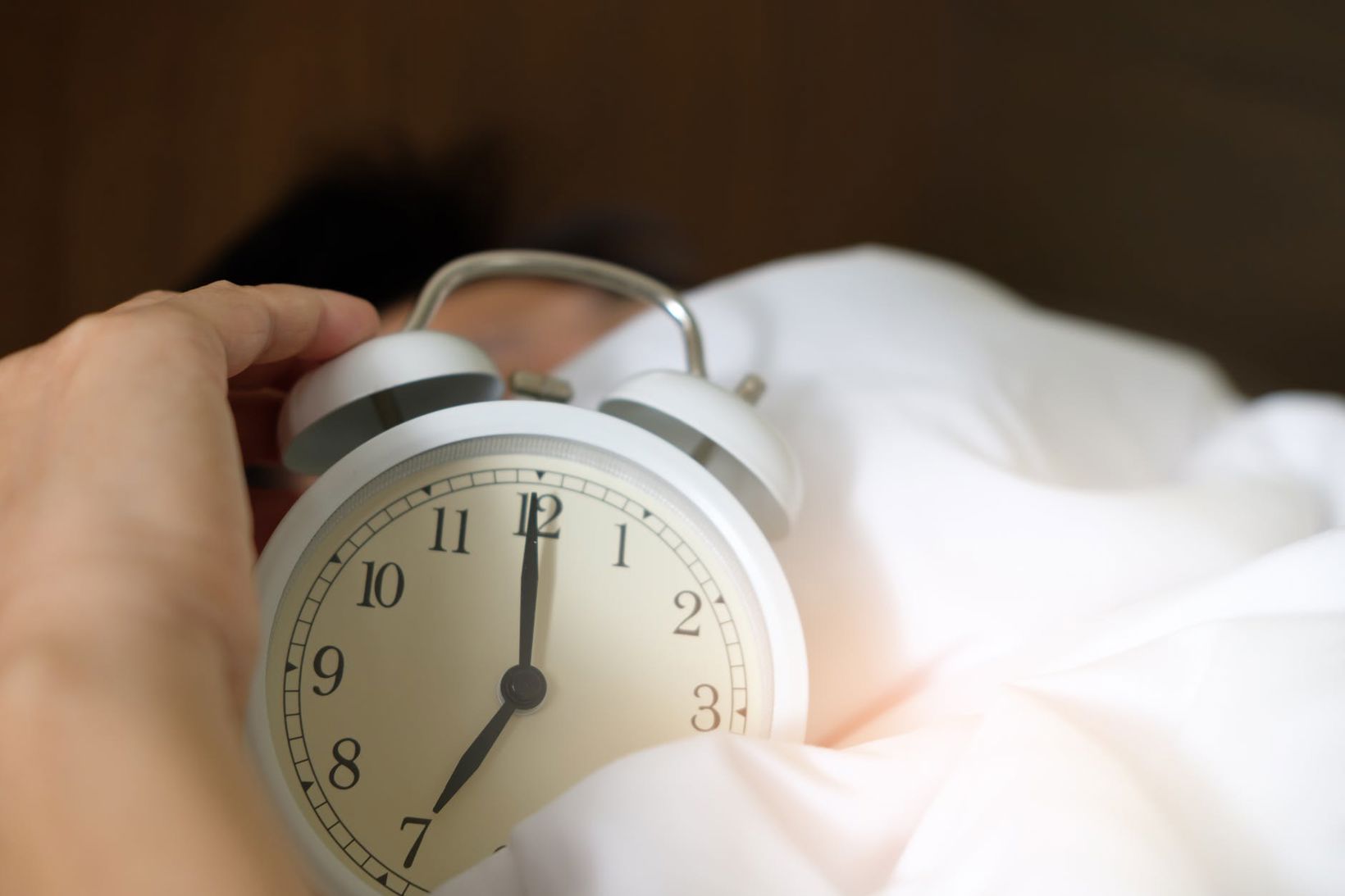How Lack of Sleep Can Affect Your Mental Health

The benefits of sleep
For most of us, sleep is a blessing, a chance to unwind and recover from the strains and stresses of the day. As a natural process as essential to humans as food, water, warmth and shelter, sleep’s health benefits are many and wide-ranging, but are all highly important in the maintenance of a happy and healthy lifestyle.
As a cyclical process comprised of different stages, sleep allows the brain to effectively reset itself and remove the toxins it has built up in the waking hours. This allows for proper cranial functioning, better processing of emotion and increased clarity of thought. In fact, many sleep scientists suggest that, without sleep, we would struggle to create the neural pathways required to learn new things and form new memories as well as suffer from being severely underprepared to take on the challenges that life presents us with on a daily basis.
In terms of recommended duration, opinions are split but most experts tend to suggest between 7 and 9 hours as the optimum length of time to indulge in sleep. What appears most important in terms of assessing the quality of sleep, however, is sticking to a sleeping pattern that proceeds without regular interruption. Sleep is the place where quality over quantity is a rule that can definitely be applied.
The effects of poor sleep on mental health
With sleep so vital in ensuring we have the energy, ability and cognitive function to meet everyday tasks head-on, it stands to reason that a lack of sleep, or frequent disruption of it, can contribute to a poor standard of daily living and have adverse effects on mental health.
Common sleep conditions are very much a waking nightmare for those affected, with insomnia, a condition characterised by the sufferer’s inability to either fall asleep or remain asleep for a long period of time, sometimes leading to a decline in mental health. Research has highlighted how lack of sleep can assume responsibility for the development of several diagnosable depressive disorders, such as depression and anxiety. This may be due to the brain’s inability to bolster emotional resilience during periods of non-sleep, leaving people vulnerable to episodes of irritability and low mood. This lack of sleep can also impair memory and contribute to poor concentration, a dual decline in brain function that can have a potentially devastating impact on several basic areas of daily life and the mental wellbeing of those experiencing it.
It should also be noted that sleep conditions such as insomnia are often symptoms, rather than causes, of many mental health conditions, particularly depression, post-traumatic stress disorder (PTSD) and bipolar disorder. In these instances, sufferers may struggle to sleep for fear of experiencing night terrors, going through periods of mania or grappling with disturbing thoughts. Cases such as these, however, can sometimes become cyclical in themselves: other symptoms of mental health conditions leading to poor sleep and, in turn, contributing to the worsening of the other symptoms of these conditions.
Dr Sharon’s top tips
It’s always better to try and break out of certain patterns before they become routine, and there are several things you can do to try and ward off the possibility of poor sleep becoming the norm. Here are my top tips for getting that all-important good night’s sleep:
- “Sleep hygiene”: A phrase being pushed by many experts, “sleep hygiene” places the focus of sleep improvement on environmental factors. Think about how much of an impact things such as heat, light and noise can have on your sleep. If you’re always awakened by flashing lights or bright sunlight outside your window, it might be a good idea to invest in some black-out blinds. Keep an eye on the thickness of your duvet and nightwear and try and remove any sensory stimulants, such as mobile phones, out of sight and earshot. The comfort of your bed is also of great importance.
- Exercise: As part of your daily routine, exercise can contribute to great physical health and wellbeing. Regular engagement in such can also make sure that you’re sufficiently tired-out enough to sleep without much further thought.
- No stimulants before bed: Alcohol, nicotine and caffeine are best kept in moderation or avoided altogether at the best of times, but we all have our vices. Intake of these substances should especially be limited at bedtime as they can affect both the duration and quality of sleep.
- Establish a routine: One routine that it is important to establish is going to bed and waking up at the same time every day. Many of us do this as a matter of course, especially when getting up for work is taken into consideration, but it’s also important to remember how much of an impact consistency can have on our sleep.
- Exclude electronics from the bedroom: In the modern world, we’re all glued to our handheld devices. But, though this is symptomatic of our constantly switched-on society, the use of devices such as computers and mobiles before bed can be over-stimulating and distracting, particularly if you’re posting selfies from the bedsheets!
A healthy sleep pattern is inseparable from the maintenance of self-confidence and wellbeing, so try out your new routine today!
Contact Dr Sharon for more information.
